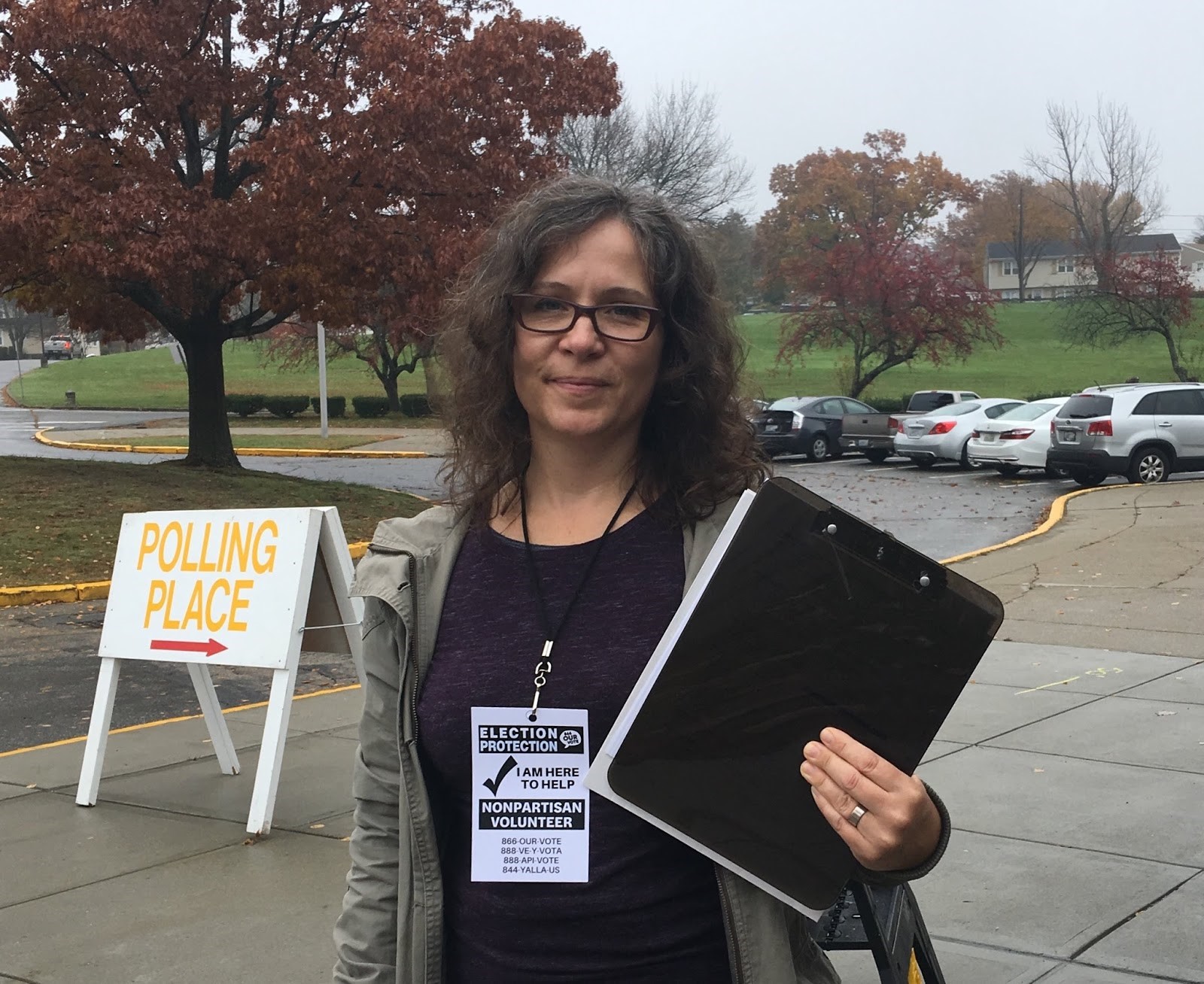Press Release
Common Cause Georgia Rejects Committee Approval of Harmful Election Bill that Removes Eligible Voters
Related Issues
ATLANTA – Today, the Senate Ethics Committee heard Senate Bill (SB) 221, which would create more barriers to voter registration including requiring that voters have a permanent address.
This bill could also criminalize the conduct of election workers and leaves vague the types of conduct that could be charged as felony offenses under this provision.
After today’s hearing, the bill will move on to the Senate floor.
In responses to today’s hearing, Anne-Gray Herring, policy analyst of Common Cause Georgia shared the following:
“This election bill has harmful provisions that cater to conspiracy theories rather than helping voters and election workers.
“SB 221 would make our mass voter challenge problem worse and includes vague language about the standard for upholding voter challenges.
“The bill also attempts to reduce voter registration by requiring people to opt-in rather than opt-out of registering to vote. In reality, the data from the Department of Driver Services is helpful for list maintenance and more reliable than sources like the National Change of Address database included elsewhere in the bill.
“Further, the bill does not properly consider that many eligible voters may have transient living situations. These provisions consider many transient Georgians who have reasons to not have a permanent address, or need to change address frequently – unhoused people, those staying with relatives, renters, out-of-state students, etc. This should not be cause for them to face challenges or be removed from voter rolls.
“The Secretary of State’s office has even raised concerns about this provision, citing possible violations of the National Voting Rights Act (NVRA), their faith in current voter list maintenance, and the lack of the reliability of National Change of Address (NCOA) data.
“This bill was only released yesterday afternoon with a hearing at 7:30am this morning, not offering a meaningful opportunity for members of the public to review and weigh in. At the hearing, public comment was strictly limited to a total of five minutes for those in support and in opposition, meaning most people present were not able to comment before the bill was rushed to a vote.
“Georgia legislators should protect the peoples’ right to vote, not create more barriers based on unproven claims and false narratives.”
###
